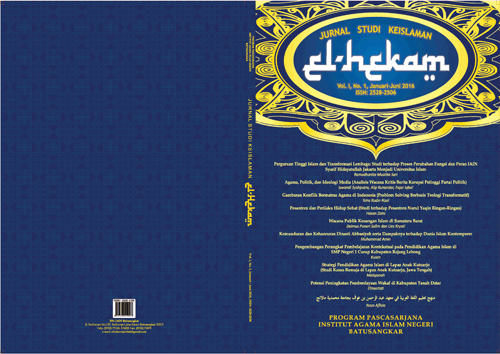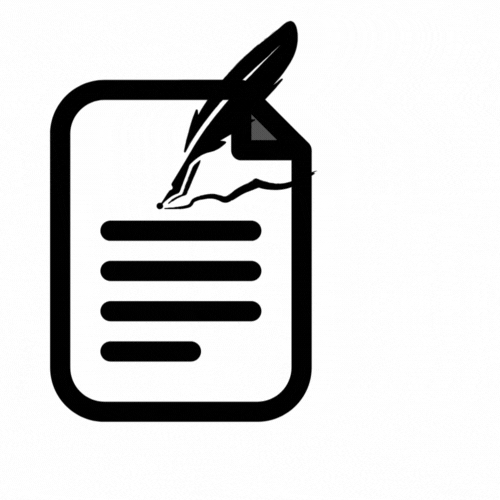WACANA PUBLIK KEUANGAN ISLAM DI SUMATERA BARAT
DOI:
https://doi.org/10.31958/jeh.v1i1.339Abstract
This paper demonstrates how the Islamic financial system has been shaped by, and come to reflect, broader socio-cultural, political and economic developments such as the 1997 economic crisis in Indonesia and increases in oil welfare from Middle Eastern countries. The paper argues that a complex system of socio-economic pressures and financial systems at the regional, national and transnational levels has enabled the regional governments to engage in Islamic financial system. The paper suggests that the involvement was driven by the capacity to distribute resources to large sections of the population through small business groups provided a useful mechanism for shoring up electoral support. It is also argues that the present of a robust Islamic banking system was vital to the regional governments attempts to source additional financial resources from the Islamic world that could be used to fund local development.
Keywords:  Islamic Financial, Politics, Public Issue.References
Curran, James. (2002). Media and Power. London. Routledge.
Eagleton, Terry. (1991) Ideology, an Introduction. London: Verso
Ecip, S. Sinansari (2007), Jurnalistik Mutakhir, Panduan dari Atas Meja, Jakarta. Penerbit Republika.
Eriyanto, (2001), Analisis Wacana, Pengantar Analisis Teks Media. Yogyakarta, LKiS.
Given, Lisa M. (2008). The Sage Encyclopedia of Qualitative Research Methods. Thousand Oaks, CA: Sage Publications.
Kendall, Gavin & Wickhamm Gary (1999) Using Foucault’s Methods. Thousand Oaks, California: Sage Publication.
Liliweri, Alo (2011), Komunikasi, Serba Ada Serba Makna. Jakarta. Kencana.
McQuail, Denis (2011), Teori Komunikasi Massa McQuail,Edisi 6 buku 1 & 2, Jakarta, Penerbit Salemba Humanika
Miller, Katherine (2005), Communications Theory: Perspectives, Processes, and Contexts, Boston, McGraw-Hill
Wimmer and Dominick (2006).Mass Media
Research, ThomsonWadsworth, USA
Wooffitt, Robin (2005). Conversation Analysis and Discourse Analysis: A Comparative and Critical Introduction. Thousand Oaks, California: Sage Publication.
Downloads
Published
How to Cite
Issue
Section
License
Copyright (c) 2016 Delmus Puneri Salim, Lies Kryati

This work is licensed under a Creative Commons Attribution-NonCommercial-NoDerivatives 4.0 International License.
Authors who publish with this journal agree to the following terms:?á
- Authors retain copyright and grant the journal right of first publication with the work simultaneously licensed under a Creative Commons Attribution License that allows others to share the work with an acknowledgement of the work's authorship and initial publication in this journal.
- Authors are able to enter into separate, additional contractual arrangements for the non-exclusive distribution of the journal's published version of the work (e.g., post it to an institutional repository or publish it in a book), with an acknowledgement of its initial publication in this journal.
- Authors are permitted and encouraged to post their work online (e.g., in institutional repositories or on their website) prior to and during the submission process, as it can lead to productive exchanges, as well as earlier and greater citation of published work.









